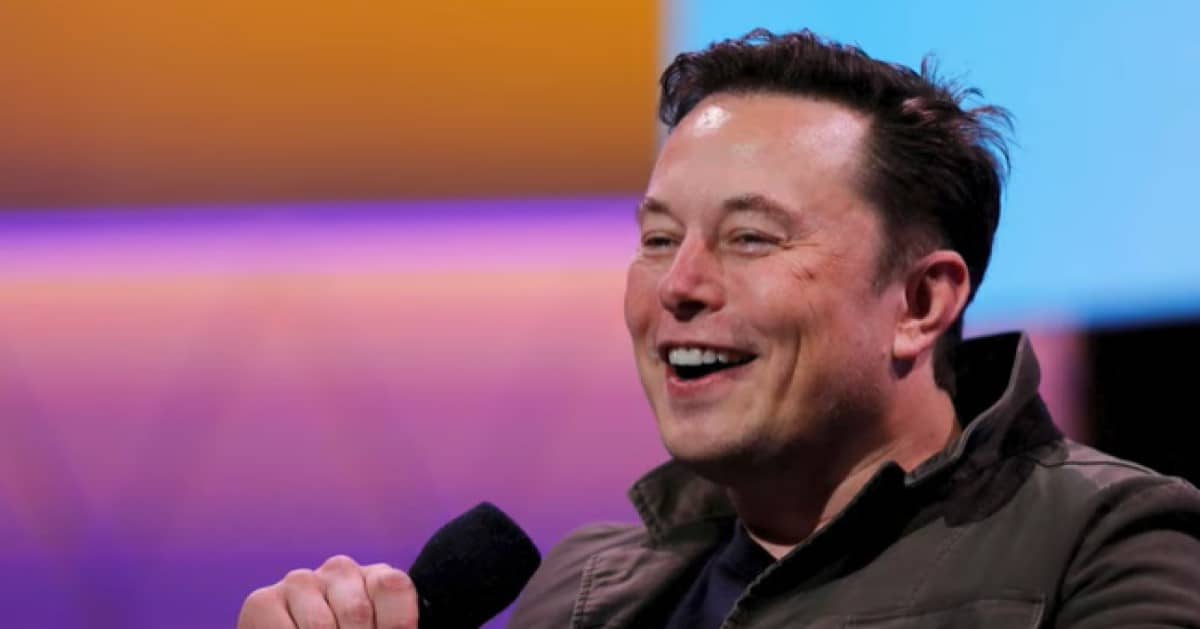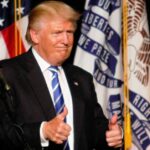


President Donald Trump recently revealed that he has not yet committed to endorsing Vice President JD Vance as his successor for the Republican nomination in the 2028 presidential election. Despite expressing confidence in Vance's abilities, Trump insists the decision remains premature.
The New York Post reported that while Trump underscores the capabilities of his vice president, Vance is making strides internationally as he embarks on his inaugural foreign trip in his current role.
Trump, at 78, received questions regarding the future leadership of the Republican party from Bret Baier. When asked if he saw Vance as his political heir in the upcoming presidential race, Trump responded, suggesting it was too soon to pinpoint a successor.
In his response, Trump not only acknowledged Vance's potential but also highlighted the competence of other party members. He emphasized that many qualified individuals could rise to prominence, including the vice president.
JD Vance, who became the third-youngest vice president in U.S. history at age 40, embarked on his first overseas endeavor in France. This journey marks a significant milestone in his political career.
His immediate focus is on attending a summit dedicated to the burgeoning field of artificial intelligence in Paris, setting the stage for his active participation in international dialogue.
Following his engagements in Paris, Vance's itinerary includes a visit to the Munich Security Conference in Germany. This trip abroad underlines Vance's burgeoning presence on the global stage as he works to establish connections beyond American borders.
Prior to serving as vice president, Vance made a name for himself in multiple fields. He previously served in the U.S. Senate representing Ohio and made notable contributions as a venture capitalist and legal expert. Furthermore, Vance gained widespread recognition as a best-selling author with his evocative memoir, "Hillbilly Elegy."
The dynamic between a president and vice president often raises expectations regarding endorsements for future presidential runs.
Historically, outgoing presidents have not always endorsed their vice presidents for their party's nomination. Notable examples include the lack of explicit support from Barack Obama toward Joe Biden during the early stages of the latter's campaign.
Trump's hesitation in endorsing Vance could be a strategic move to prevent drawing attention to the inevitable conclusion of his second term in office in 2029. Trump has only recently commenced his second term, and speculation about a successor may appear premature to some political analysts.
Moreover, the president often mulls the idea of amending the Constitution to attempt a third term. He frequently discusses maintaining his significant political influence beyond the traditional two-term presidency, but such proposals remain speculative.
Although Trump withholds a formal endorsement, he commends Vance's performance so far in office. Trump frequently praised the vice president, noting his ability to execute his responsibilities with expertise.
In an interview, Trump stated that his administration's opening weeks, including Vance's contributions, mark one of the most successful beginnings of any presidency. However, he offered little detail on his long-term plans for electoral succession.
Vance, for his part, seems poised to pursue his own political ambitions. His current role provides him with a platform to showcase his leadership potential, likely laying the groundwork for any future campaigns.



